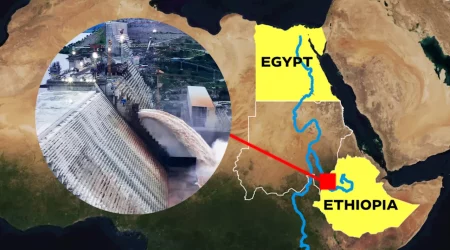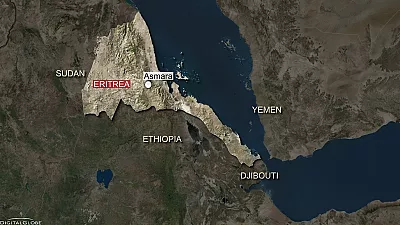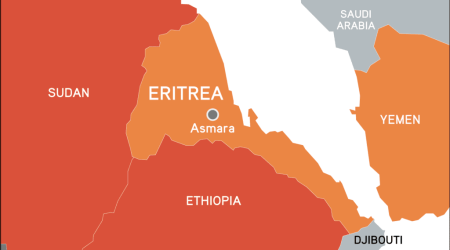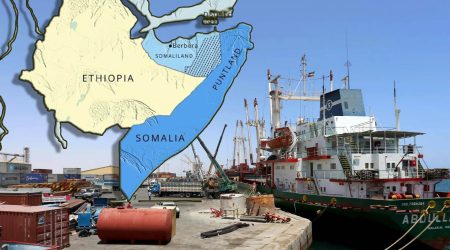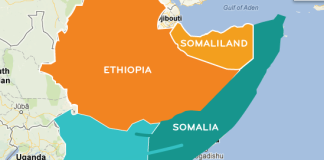
29
Jul
Ethiopia’s Lifeline vs. China’s Red Line: Between Taipei and the Red Sea
The recent high-level visit of Somaliland’s Foreign Minister Abdirahman Dahir Adan and his delegation to Taiwan a deepening, unconventional, diplomatic partnership Framed around shared democratic values and cooperation in maritime security, education, and clean energy since 2020, this engagement presents a compelling narrative of two entities seeking international affirmation.
Somaliland and Taiwan find resonance in their unique statuses. Both operate as functionally self governing entities lacking widespread international recognition, confronting significant diplomatic isolation. Their collaboration evidenced by this visit focused on signing a maritime security pact represents a effort to circumvent this isolation, build mutual capacity, and project an image of sovereign capability. Taiwan’s Foreign Ministry rightly highlights the deeply meaningful nature of the visit, emphasizing joint successes and shared values. This partnership provides practical benefits Taiwan gains a diplomatic foothold in a strategic region, while Somaliland accesses technical expertise and international visibility.
However, this focus on Taipei cannot eclipse the significance of Somaliland’s January 2024 MoU with Ethiopia. This agreement, concerning potential access to the Red Sea via the Somaliland coastline in exchange for formal recognition of Somaliland’s statehood by Ethiopia, addresses a fundamental, existential need for the Ethiopian nation. Ethiopia’s quest for assured, economically viable sea access is not a strategic preference but a critical imperative for sustained economic growth, regional trade integration, and national security. The MoU represents a potential shift grounded in Ethiopia’s legitimate developmental and security requirements.
The critical question arising from Somaliland’s Taiwan engagement is not whether Somaliland still considers the Ethiopia MoU the strategic and economic weight of that agreement for Hargeisa remains substantial –but rather how this diplomacy influences its implementation environment.
Somaliland’s ability to navigate regional relationships, particularly with Somalia which opposes both the MoU and Somaliland’s independence claims, is paramount. Engaging deeply with Taiwan, a matter of extreme sensitivity for the People’s Republic of China a major player in Africa and particularly in Somalia, introduces a significant variable. Beijing’s staunch opposition to any official interactions with Taiwan could potentially complicate Somaliland’s diplomatic space, indirectly impacting its capacity to manage the fallout and negotiations surrounding the Ethiopian MoU.
The central premise that collaboration between two unrecognized entities will catalyze broader international recognition warrants skepticism. International recognition is a complex political process governed by established principles of international law, strategic interests of existing states, and regional stability considerations. While Somaliland Taiwan cooperation demonstrates administrative competence and fosters mutual support, it does not inherently alter the fundamental political calculations of major powers or regional organizations like the African Union, which steadfastly upholds Somalia’s territorial integrity.
Recognition for either entity remains contingent upon resolutions to their core disputes Cross-Strait relations for Taiwan, the Somaliland-Somalia question that satisfy key international stakeholders. Their partnership, while symbolically potent, is unlikely to be the decisive factor in overcoming these deeply entrenched diplomatic hurdles.
Ethiopia’s pursuit of sea access via the Somaliland MoU is conducted within a framework emphasizing peaceful negotiation, mutual benefit, and respect for international norms. This approach scores the vital importance of finding lawful and cooperative solutions to its geographic constraints, solutions that can foster greater economic interdependence and stability across the Horn.
By Samiya Mohammed,Researcher,Horn Review

